NCA continues to divide ethnic armed groups
As the coup has dissolved the parliament, agreements reached between those groups and the regime are not legitimate, critics argue.
08 Sep 2023
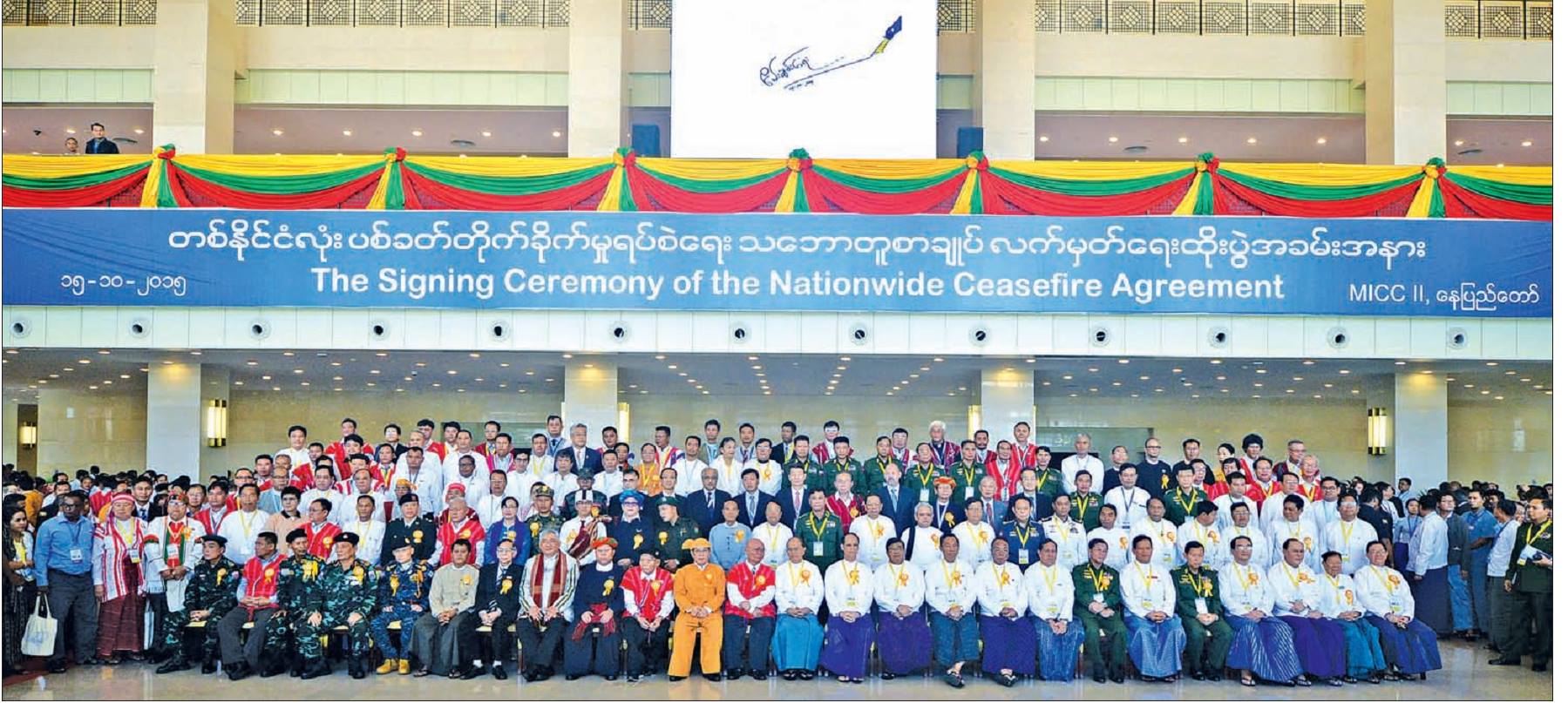
DMG Newsroom
8 September 2023, Sittwe
Ethnic armed organisations are divided over the Nationwide Ceasefire Agreement (NCA), which is considered the most important pact in Myanmar’s modern day peace process.
Signed initially by eight EAOs in 2015 under the U Thein Sein government, the pact will turn eight years old on October 15.
Among the EAOs that signed the NCA in 2015 were the Restoration Council of Shan State, Karen National Union, the Democratic Karen Benevolent Army, the Karen National Union/Karen National Liberation (Peace Council), the Pa-O National Liberation Organization and the Arakan Liberation Party (ALP), Chin National Front and the All Burma Students Democratic Front (ABSDF).
Two more EAOs — the New Mon State Party and Lahu Democratic Union — signed the NCA in February 2018 under the now ousted National League for Democracy (NLD) government.
Those EAOs signed the NCA with the hope that they would be able to adopt a new constitution and move the country further toward democracy and federalism.
Three NCA signatories — KNU, CNF and ABSDF — have been fighting the regime since the 2021 coup.
“We no longer have any cause to abide by the NCA because the [junta] military has already destroyed the principles written in Chapter 1, which is the heart of the agreement,” said Padoh Saw Tah Doh Moo, secretary general of the KNU, at a press conference on August 10.
Chapter 1 calls for solving political problems through political means, and dialogue to end armed conflicts in Myanmar.
Junta boss Min Aung Hlaing responded to the KNU’s statement on September 4, saying the NCA would remain in effect in perpetuity as it is an agreement approved by the Union Parliament. “An official of an EAO recklessly and senselessly said that the NCA has become void,” said Min Aung Hlaing.
The regime is planning to hold an event to mark the eighth anniversary of the NCA, he said.
The regime has held frequent talks with five NCA signatories — ALP, DKBA, KNU/KNLA (PC), LDU and PNLO — that are relatively lacking in popularity, influence and size compared with the country’s largest and most influential EAOs.
Spokesperson for the five groups Saw Mra Razar Lin said: “We signed it because the NCA is meaningful. It is wrong to annul it.”
As the coup has dissolved the parliament, agreements reached between those groups and the regime are not legitimate, critics argue.
The regime is using the cover of the NCA to avoid fighting with EAOs as it is already exhausted fighting a multifront war with resistance forces that emerged after the coup, say analysts.
Political analyst U Than Soe Naing said: “The regime would continue to uphold the NCA. Other EAOs think the NCA is meaningless as the regime ousted the government.”
The United Nations’ Independent Investigative Mechanism for Myanmar has said serious international crimes have increased in Myanmar since the coup.




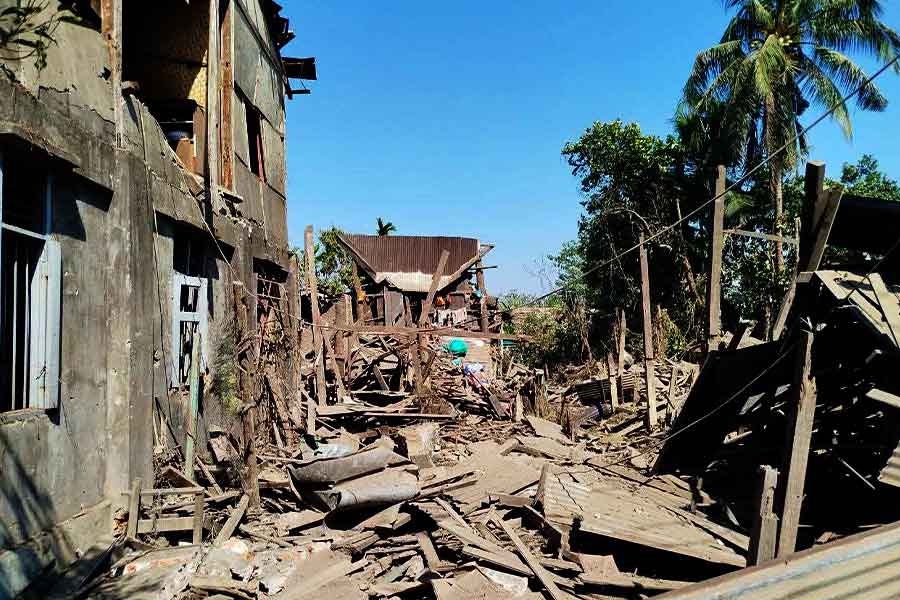
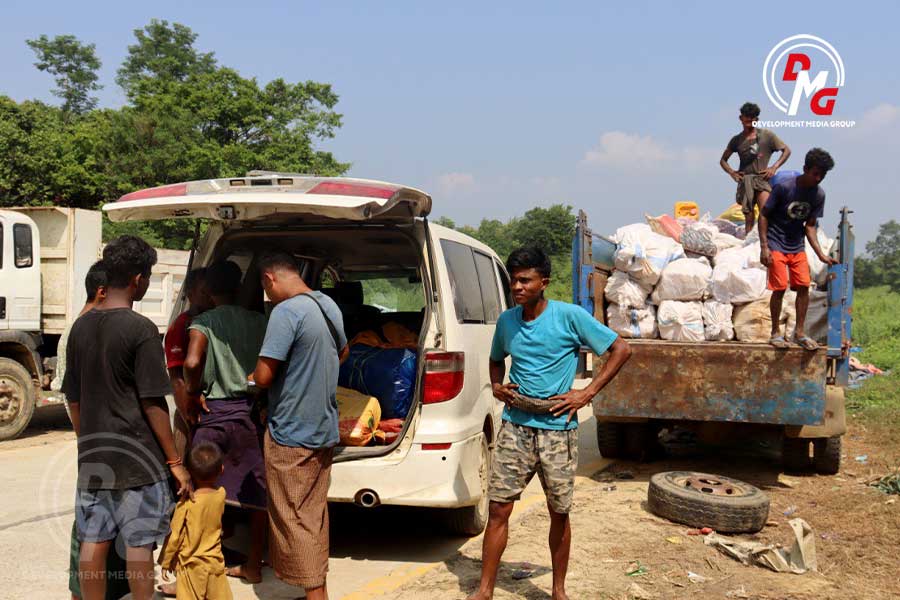
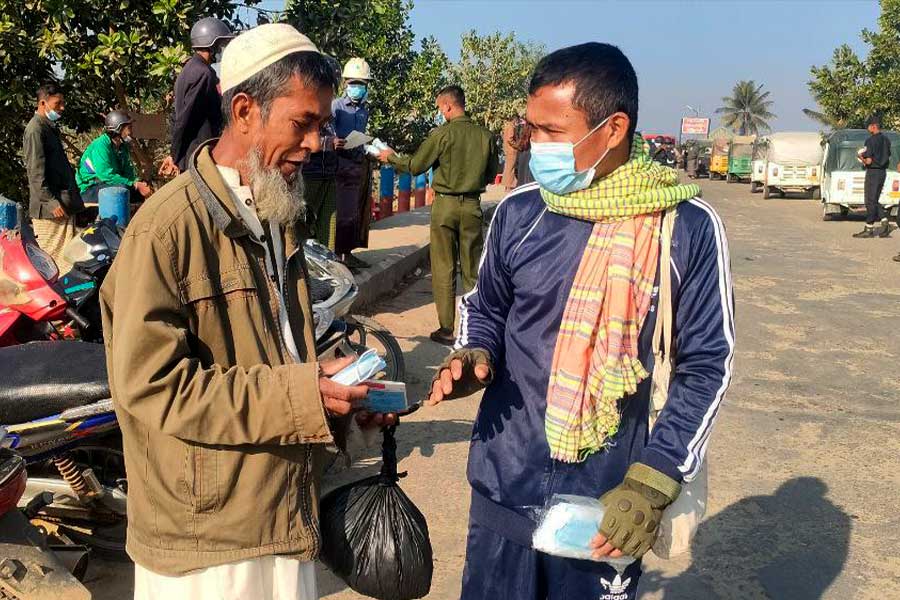
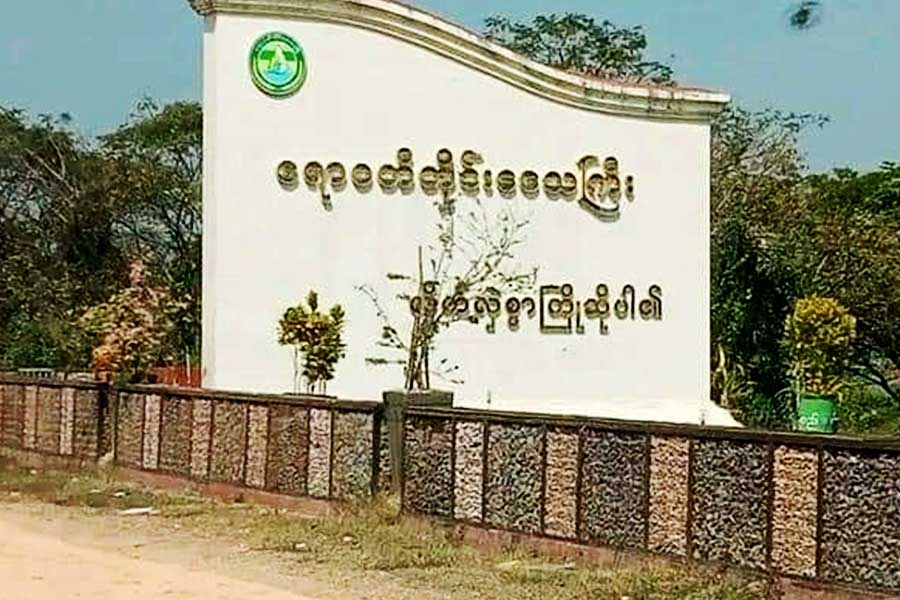
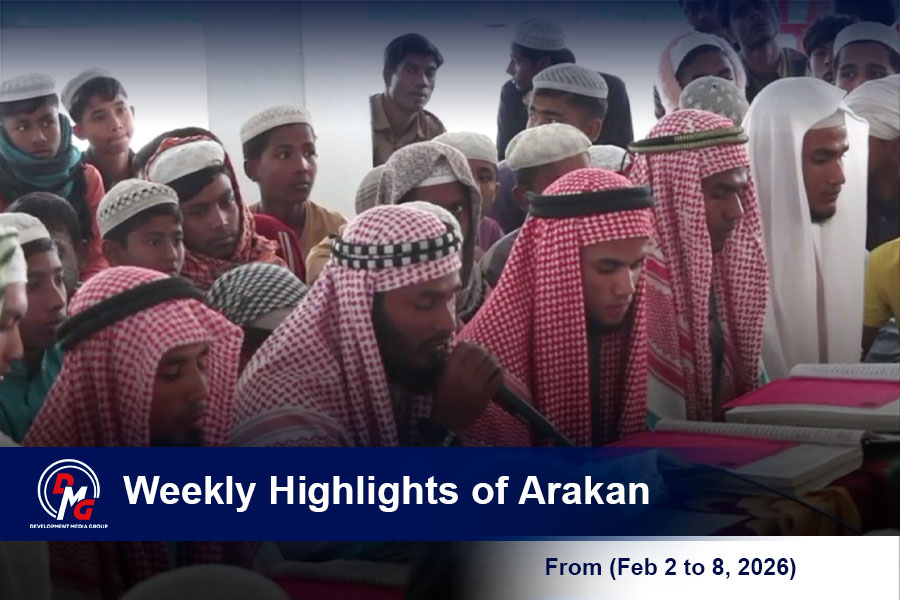







.jpg)
